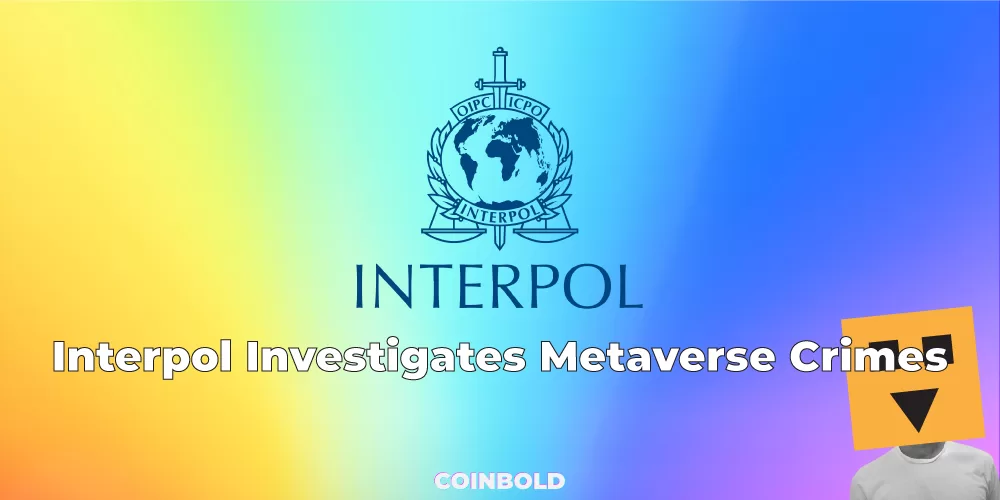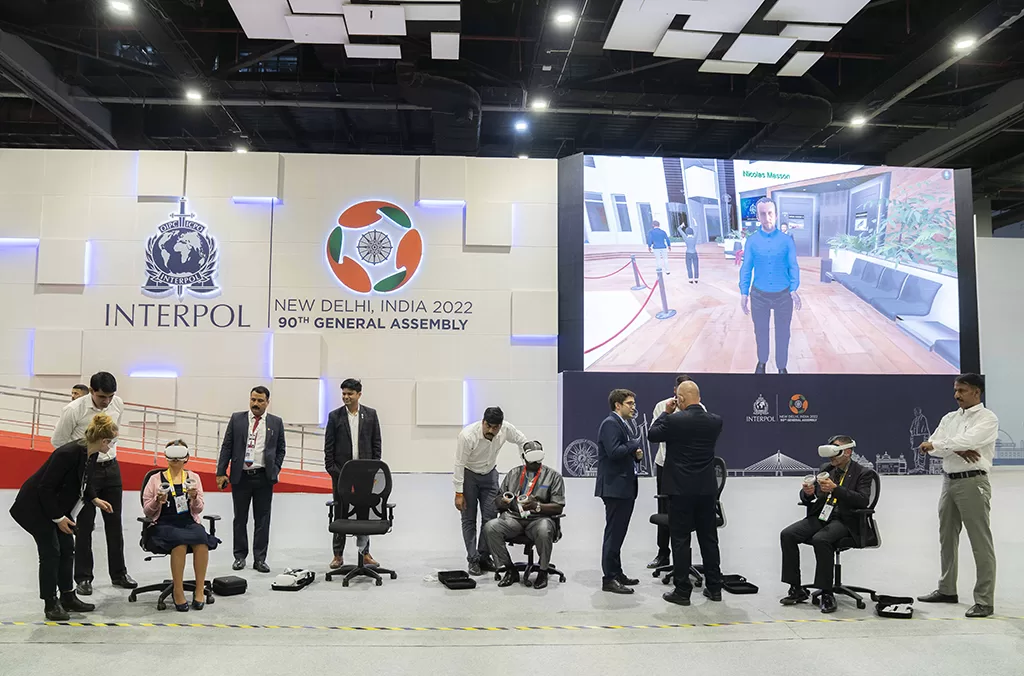According to Jurgen Stock, the Secretary General of the International Criminal Police Agency (Interpol), the organization is investigating ways in which it might investigate crimes in the metaverse.
A recent report by the BBC suggests that the metaverse project is essential for Interpol if it wants to avoid falling behind its competitors.
According to what Jurgen Stock had to say about the subject, “Criminals are intelligent and professional in very rapidly adapting to each new technical instrument that is accessible to perpetrate crime.” It is necessary for us to react to it in an appropriate manner. Sometimes our society, our law enforcement, and our politicians are a little bit behind the times.
In October of 2013, Interpol presented the world’s first ever Metaverse that was completely functional and tailored for use by law enforcement agencies. Interpol has also announced the formation of an Expert Group on the Metaverse, which will be responsible for representing the concerns of law enforcement agencies all around the globe. This will guarantee that the newly created virtual environment is safe by design.
The police officers are able to get a feel for what it would be like to work in the metaverse thanks to the virtual environment, which also provides them with a sense of the kind of crimes that may occur and the methods that could be used to investigate them.
In terms of possible crimes that may be committed in the Metaverse, the director of Interpol’s innovation and technology division, Dr. Madan Oberoi, said that there have been cases of sexual harassment that occurred in the digital domain. However, he asserts that it is difficult to extend the concept of crimes that take place in physical space to the Metaverse since such crimes take place in a different dimension.
“There is a problem with attempting to apply the definitions of these crimes in physical space to the metaverse. If you look at the definitions of these crimes in physical space. “We don’t know if we can call them a crime or not, but those threats are obviously there, so those concerns have still to be settled,” Oberoi added.
Oberoi continued by saying that if law enforcement is interested in assisting those who have been wounded in the metaverse, they need to have knowledge of the metaverse in order to do it effectively.
“And that is one of our aims – to make sure that law enforcement professionals start utilizing the metaverse and that they become aware,” he pointed out. “And that is one of our objectives.”
Because of the inherently global character of cybercrime, investigations into future crimes committed in the metaverse would likely need the assistance of Interpol, since Stock contends that no government can effectively combat these sorts of crime on its own.
Stock continued by saying, “This is why Interpol is so crucial since solely international cyber-crime does not exist — practically all of the cases have some kind of an international component.” That is the mission of Interpol, which now has 195 member nations; all of them are necessary to combat that kind of crime.
Compiled by Coinbold




